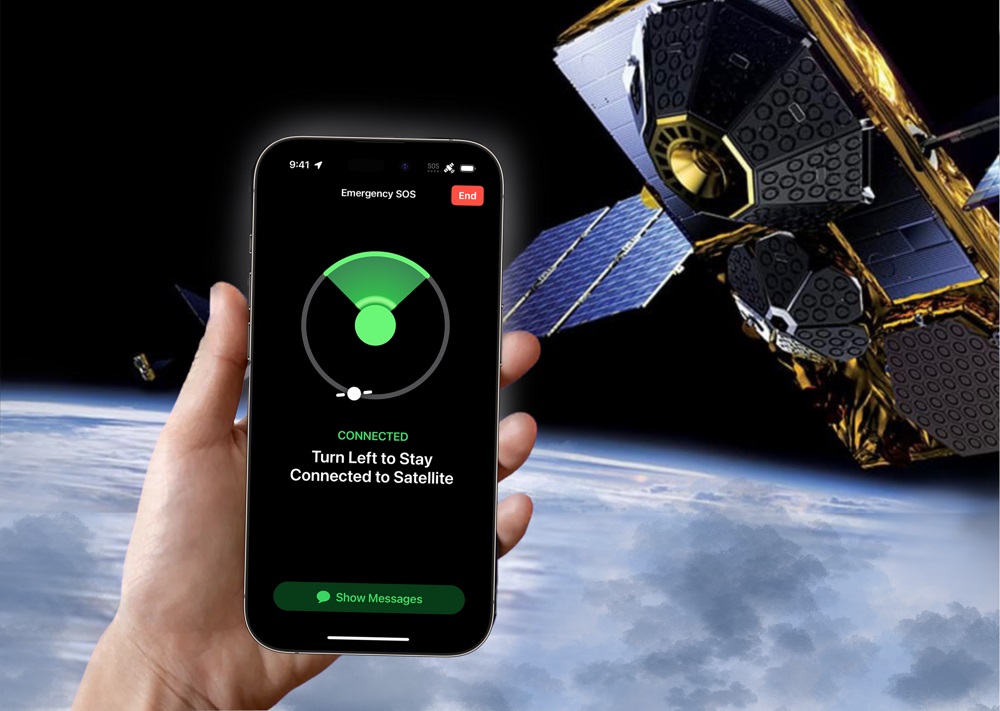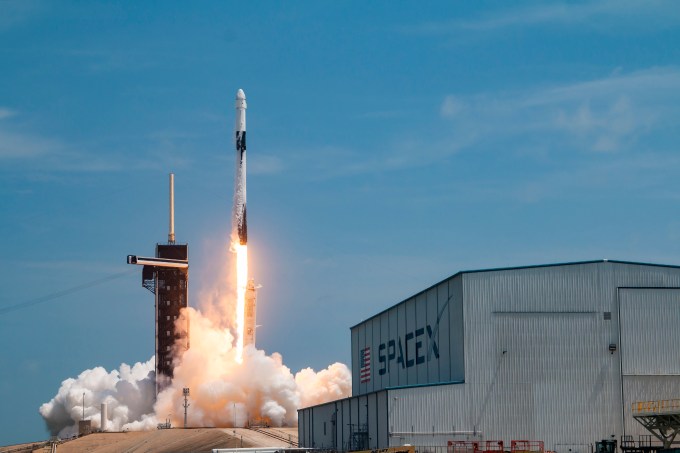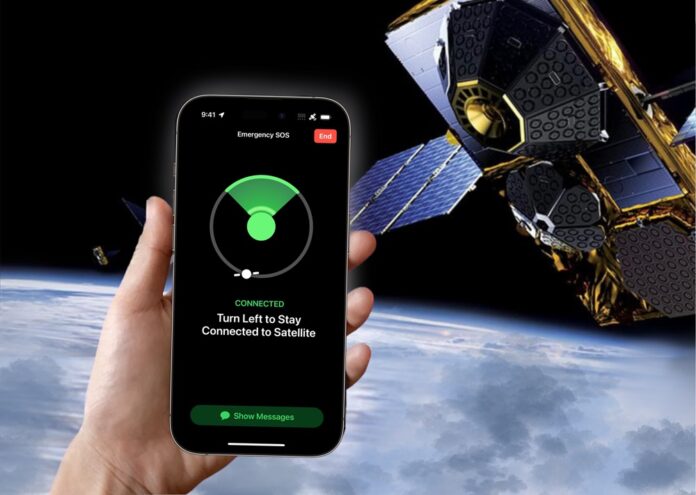Imagine a future where your iPhone can provide emergency satellite connectivity, even when you’re in an area with no cellular networks. Well, that future might not be too far away. Apple-backed Globalstar has just signed a lucrative $64 million launch contract with SpaceX to replenish its satellite constellation. Scheduled for 2025, this partnership will send at least 17 new satellites to low Earth orbit. What’s interesting is that Apple will be reimbursing Globalstar for the majority of the capital expenditures, including the launch costs. This collaboration not only highlights SpaceX’s near-monopoly on orbital launches but also positions them as competitors with Globalstar, as both companies venture into the realm of providing satellite connectivity solutions. In this article, we explore the details of this exciting partnership and what it means for the future of technology.
Background
Globalstar, a satellite network operator, has recently entered into a $64 million launch contract with SpaceX. This partnership comes after Globalstar’s purchase agreement with MDA for the acquisition of 17 new satellites to replenish its existing constellation. Rocket Lab will act as a subcontractor supplying the spacecraft chassis.
Globalstar’s purchase agreement with MDA
Last year, Globalstar secured a purchase agreement with MDA for $327 million, which includes the procurement of 17 new satellites. These satellites will be sent to low Earth orbit to enhance Globalstar’s existing satellite constellation. The agreement with SpaceX will facilitate the launch of these satellites into orbit.

Apple’s involvement and funding
Apple has shown its support for Globalstar by backing the satellite network operator both financially and operationally. Apple will reimburse Globalstar for 95% of the capital expenditures associated with the satellites, including the launch costs. Additionally, Apple will provide $252 million in funding upfront for the satellite constellation’s replenishment and contribute funds to improve Globalstar’s ground station network.
SpaceX’s near-monopoly on orbital launches
SpaceX currently holds a near-monopoly on orbital launches, making it an attractive partner for Globalstar. The company has established a solid reputation for its successful and reliable launches, making it the go-to choice for many satellite operators. Globalstar’s decision to partner with SpaceX speaks volumes about the trust and confidence in SpaceX’s capabilities.

Competition between SpaceX and Globalstar
While SpaceX and Globalstar are partnering for this specific launch contract, they also have overlapping interests in satellite connectivity. SpaceX is developing its own “sat-to-cell” plans through its Starlink satellite constellation. This development makes SpaceX and Globalstar competitors in providing satellite connectivity services, creating an interesting dynamic between the two companies.
SpaceX’s request for spectrum
In a regulatory filing, SpaceX requested additional spectrum for its Starlink satellite constellation. This included portions of the 1.6/2.4 GHz spectrum bands that have been exclusively used by Globalstar. This request emphasizes the competition between SpaceX and Globalstar in the satellite connectivity market, as both companies vie for access to valuable spectrum resources.

Regulatory filings reveal contract details
The recent regulatory filings have shed light on the details of the launch contract between Globalstar and SpaceX. The contract is valued at $64 million and includes the launch of at least 17 new satellites in 2025. These satellites will play a crucial role in replenishing Globalstar’s existing constellation and ensuring the continued operation of its satellite services.
Launch schedule and satellite replenishment
The launches under the contract between Globalstar and SpaceX are scheduled for 2025. These launches will send the new satellites into low Earth orbit, where they will join Globalstar’s existing constellation. The replenishment of satellites is vital for maintaining the network’s coverage and capabilities, making this launch contract a significant milestone for Globalstar.
Globalstar’s existing constellation
Globalstar currently operates a satellite constellation that provides various services, including voice and data communication, to customers around the world. The addition of new satellites through the launch contract with SpaceX will enhance Globalstar’s existing constellation, allowing for improved coverage, performance, and reliability.
Improvements to the ground station network
Apple’s funding for Globalstar will not only support satellite launches but also contribute to the improvement of Globalstar’s ground station network. This network is essential for the operation and management of satellite services. By enhancing the ground station network, Globalstar can ensure better connectivity and service quality for its customers, furthering its position as a leader in satellite communications.
In conclusion, the partnership between Apple-backed Globalstar and SpaceX for a $64 million launch contract signifies the trust and confidence in SpaceX’s capabilities. It also highlights the competition between SpaceX and Globalstar in the satellite connectivity market. This launch contract will enable Globalstar to replenish its satellite constellation, enhance its services, and improve its ground station network. With these developments, Globalstar is well-positioned to continue providing reliable and efficient satellite communication services to its customers.










